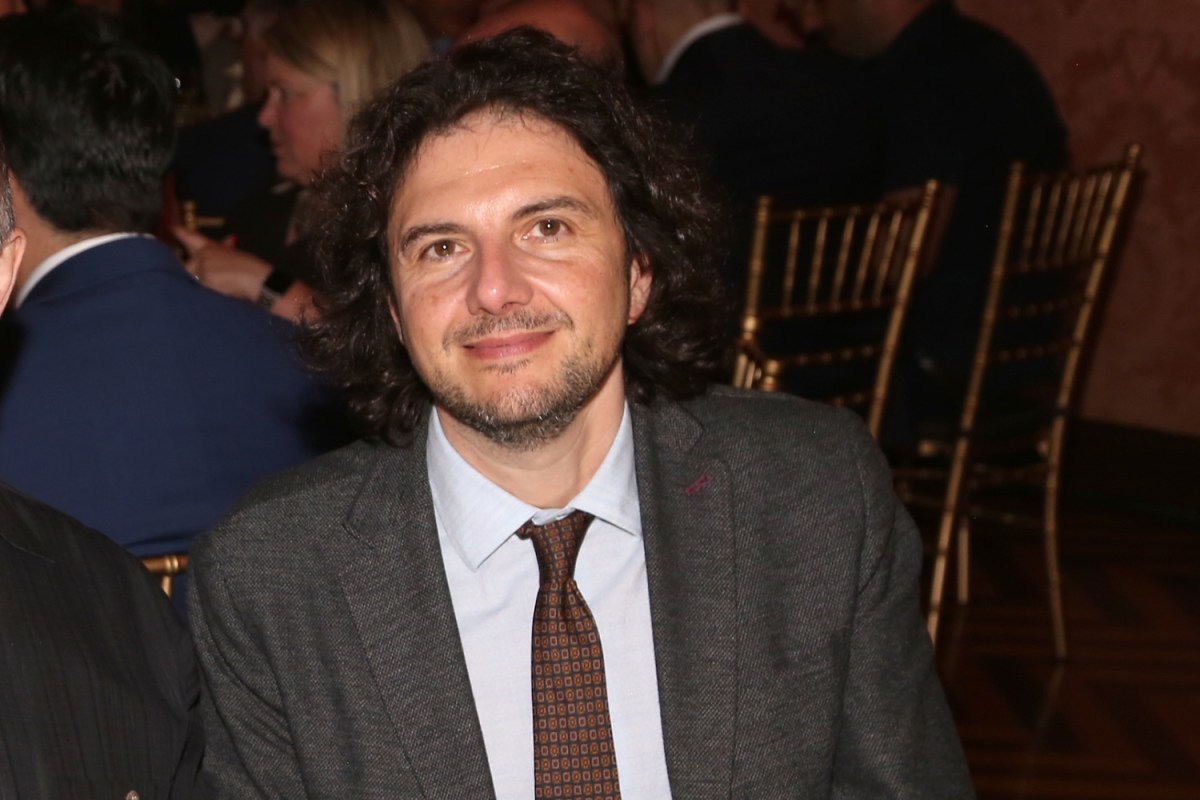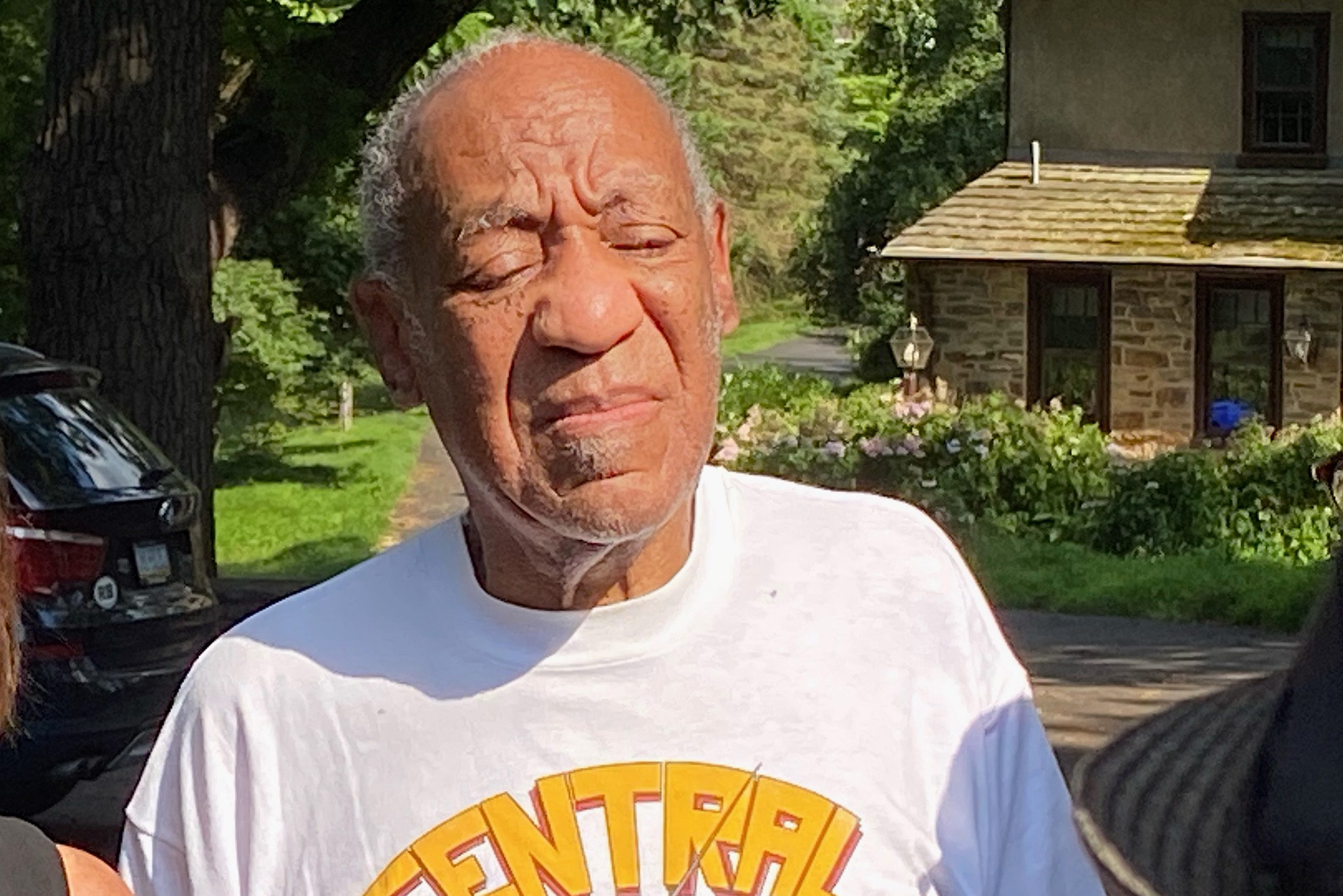I like to think I’m not someone who’s regularly in the habit of defending men — particularly not ones accused of sexual harassment. I’m not a Louis C.K. apologist. I don’t fall all over myself to defend dudes like Dave Portnoy, and I’m not usually too worried about some guy’s life being ruined by the consequences of his actions. But the case surrounding David Sabatini, the former MIT biologist who was fired after a short-lived fling with a fellow scientist ended in sexual harassment allegations, feels different.
Sabatini’s fall from grace, which has left the renowned biologist unemployed and seemingly unemployable, has been the subject of increased media coverage (and outrage) since the disgraced scientist was denied a position at NYU earlier this month after the possibility of his employment sparked protests and controversy. A recent article penned by Suzy Weiss for Bari Weiss’s “Common Sense” SubStack takes a more sympathetic look at Sabatini’s case, and a more discerning one at the allegations against him.
Sabatini, who former colleagues described to Weiss as “a genius” and “one of the best scientists alive,” and whose cancer research made him a likely candidate for a Nobel Prize, was forced to step down from a tenured role at MIT and dismissed from the Whitehead Institute last year after a former romantic partner, Kristin Knouse, raised allegations of sexual harassment and “grooming.” Sabatini has denied any wrongdoing, claiming his relationship with Knouse — which began in 2018 when she was 29 and he was 50 — was consensual. Their affair reportedly fizzled by 2020, though text messages seem to indicate Knouse wanted it to continue. Later that year, Knouse complained of sexual harassment to the director of the Whitehead Institute. (Though both Knouse and Sabatini were at the Whitehead at the time of their relationship, Sabatini has noted that she never worked in his lab or reported to him.)
Knouse’s complaint sparked an investigation into Sabatini, which ultimately accused Sabatini of fostering a “sexualized undercurrent” in his lab and failing to disclose his sexual relationship with Knouse. Meanwhile, according to the report, that relationship was one in which Sabatini exercised “indirect influence” over Knouse given his “experience, stature, and age,” which the investigation claims violates the “spirit” of the Whitehead’s anti-harassment policy.
For these crimes, Sabatini has been effectively blacklisted from science. “Sabatini is unemployed and unemployable,” wrote Weiss. “No one wants to be associated with him. Those who do risk losing their jobs, publishing opportunities, friends, visas and huge federal grants.”
Again, I don’t love the idea of defending a powerful man who has been accused of sexual harassment in this, the year 2022 — and, of course, it’s impossible to know what really happened between Sabatini and Knouse. But based on what we do know, I think we can cautiously suggest that the punishment Sabatini is currently facing is, to put it gently, perhaps a bit of an overreaction. Frankly, to bar one of the world’s top biologists from performing potentially life-saving research in a world in which Louis C.K. is still telling jokes and winning awards is embarrassing for society.
Thanks for reading InsideHook. Sign up for our daily newsletter and be in the know.


















